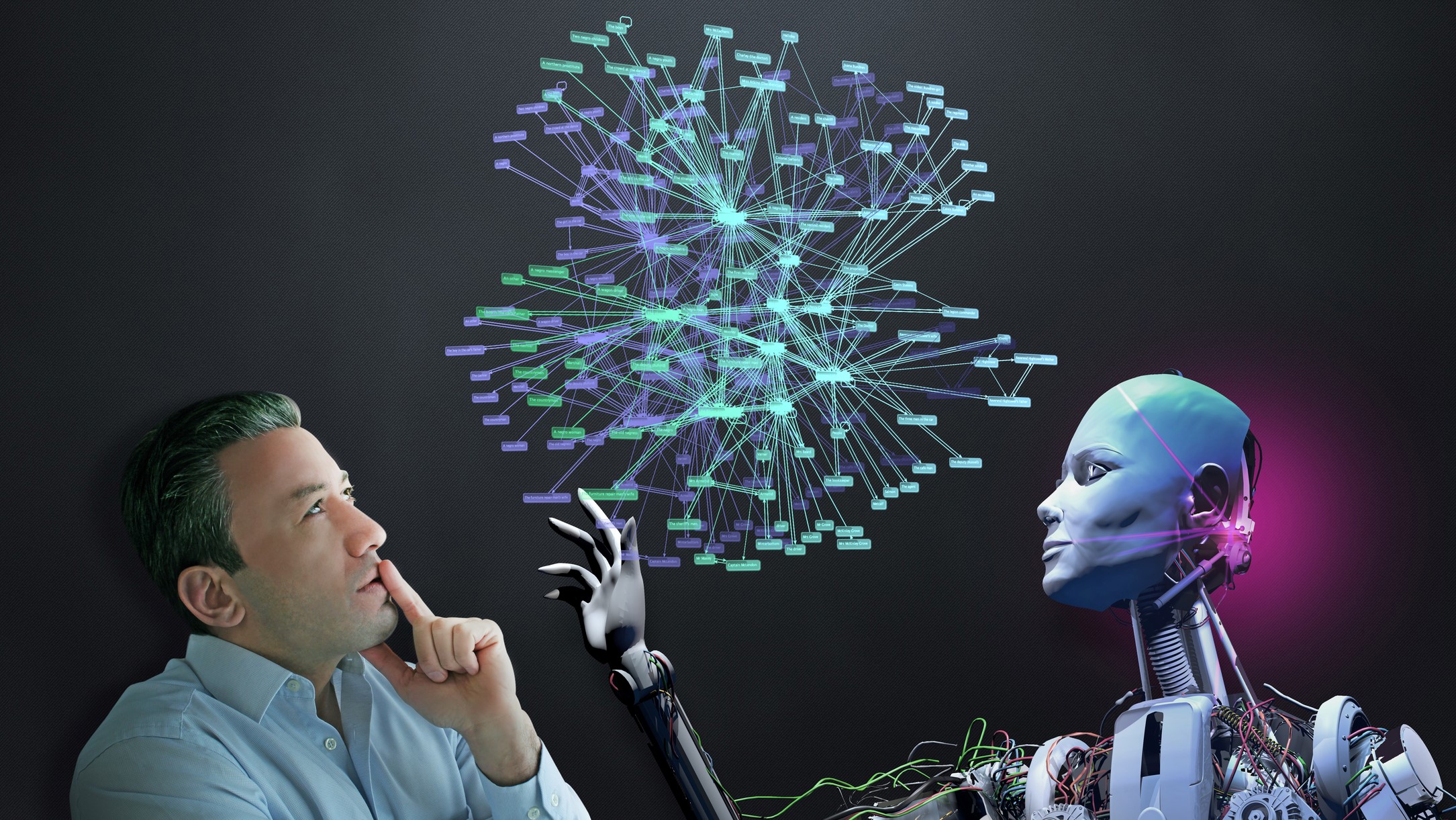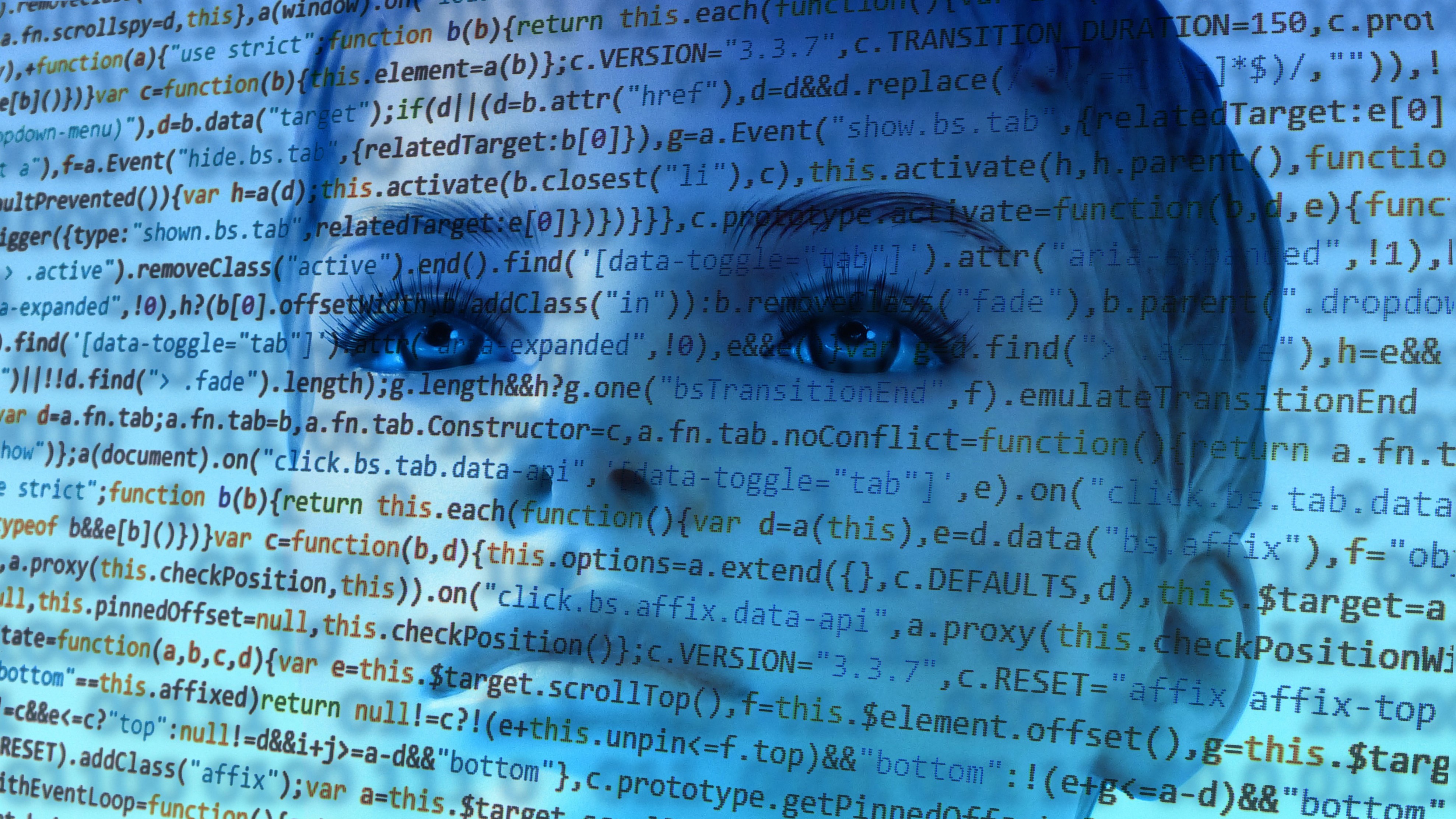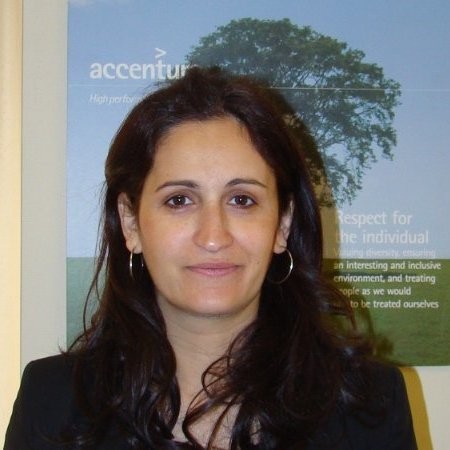All eyes on AI!
What we can expect to see at MWC 2019?

In Barcelona, we will witness how artificial intelligence (AI) and intelligent technologies are becoming ingrained in peoples’ lives and jobs – and the growing interest in responsible AI.
What used to be “Mobile World Congress” is now officially rebranded as “MWC,” as the show has long been about so much more than just mobile telecommunications. A key theme this year is AI, and for very good reason.
In 2018, organisations worldwide spent almost $24 billion on AI systems, according to IDC. Clearly, AI is no longer an amorphous, catch-all concept. Large businesses, start-ups and academic researchers alike have been busy experimenting with and pairing technologies such as machine learning, computer vision, and natural language processing with advanced forms of data analytics and automation techniques.
- Protect your systems with the best antivirus
- Stay safe on public WiFi with the best VPN
- Build your dream website with the best website builders
This has created a plethora of intelligent applications and devices, many of which companies and their leaders will showcase and debate at MWC 2019. In more and more situations, applied AI is now looking over our shoulders – figuratively and literally speaking. MWC visitors should keep an eye out for the following trends:
The societal impact: AI is helping us look after big issues
The more sophisticated AI becomes, the more we see it being applied in a manner that doesn’t just serve individual companies and people but serves the common good as well.
One example is reducing energy consumption and thus, climate-damaging emissions of CO2, at a large-scale. Take the Madrid metro for example, which moves two million commuters along 300 kilometers of track and through 300 stations every day. It uses a self-learning ventilation system that generates an 1,800-ton reduction in CO2 emissions. (Disclosure to readers: Accenture was involved in this project and will demo it at MWC.)
Some of the AI and advanced analytics use cases we will see at MWC will even shed a light on the dark web. Take the trafficking of illegal drugs, for example, which is increasingly moving online. Technologies and techniques such as image recognition, text extraction, and deep embedded clustering give law enforcement agencies the opportunity to discover where specific narcotics are being sold on the dark web and in what quantities. This allows law enforcement to detect emerging “narcotics marketing” trends, such as purity of a drug, and compare global and local drug popularity.
Are you a pro? Subscribe to our newsletter
Sign up to the TechRadar Pro newsletter to get all the top news, opinion, features and guidance your business needs to succeed!

The workplace impact: AI is providing new lines of sights
At MWC, we will see how people and intelligent technologies collaborate on complex tasks and reduce risk to employees.
We can expect examples of computer vision and video analytics being applied to keep workers out of harm’s way by monitoring dangerous work environments and alerting people in case of danger. We also anticipate seeing systems that rely on the combination of computer vision and deeplearning classification models – allowing technicians to compare printed or handwritten labels on a spare part with the actual component by taking a picture of it with their smartphones.
Use cases for smart glasses will be much more advanced at MWC 2019. Take quality-testing in pharmaceutical laboratories which is more complex. Medications are being produced in increasingly smaller batches as drugs are being tailored more and more to the individual. Smart glasses can guide lab technicians through the testing procedures, collecting data at each step, which is being analyzed to detect and avert risks and glitches in work processes and identify bottlenecks.

The customer impact: AI is zooming in on the shopper experience
Computer vision and image recognition are changing the world of retail. At MWC, we will see examples of how cameras can determine what ‘fashion types’ frequent a store, based on peoples’ clothing, gender, age and haircut. The data that is being collected and analyzed helps retailers fine-tune the selection of their stores to customers.
AI isn’t just helping to guide the shopper journey, it is also providing consumers with assistance on how to use products. Imagine a vanity that recognizes what lipstick and powder you put on it. Its intelligent mirror identifies your complexion and the color of your hair and eyes and tells you how to apply them for the best effect – or maybe, recommends you pick something else.
Companies across industries are implementing more and more use cases in which AI technology monitors what users do, allowing the machine to jump right in with help if there is a problem. A large telecommunications provider, for example, uses AI to automatically detect connectivity issues in the customer’s home, contact them and provide immediate assistance.

The ethical impact: We need to be on the lookout for AI’s unintended consequences
MWC is a testament to the impact AI and intelligent technologies have on our lives. These technologies are also starting to change companies from the ground up, enabling self-learning business processes that can adapt to the behaviors, preferences and needs of customers and workers at a given moment.
These developments come with an obligation to use these technologies responsibly – something which will also be recognized at MWC. This year’s AI conference track features several keynotes and panel discussions on the topic of AI and ethics. Exhibitors, including Accenture, will address it in workshops and solutions presented at their booths.
Responsible use of AI means, for example, pulling the plug immediately when we see human prejudice creeping into algorithms – like Amazon did last year with a recruiting tool that was biased against women. But how can we help discriminating AI outputs in the first place?
First, by not fooling ourselves into believing that it is the AI’s fault. Algorithms and models are developed by people; they learn and act upon the data that is generated by how we live, work, and do business. Second, by educating those who build and configure AI systems on the responsible use of AI. Third, by equipping them with tools and methods that discover blind spots and unfair results before they do harm. Not just the data scientists and developers, but also business users and leaders and all the way up to organizations’ supervisory boards.
An AI misstep can breach existing bonds and damage trust between companies and workforces, customers and societies. This means responsible AI is no longer a “nice to have.” It is imperative to build and reinforce the trust that organizations need to drive success and scale AI with confidence.
For those who look for it, there will be demos, discussions and presentations at MWC that will highlight this tension between the impact and responsibility of AI.
Dr. Athina Kanioura, Chief Analytics Officer & Global Lead at Accenture Applied Intelligence
Dr. Athina Kanioura is the Chief Analytics Officer and Global Lead for Accenture Applied Intelligence. She is specialised in applying AI and analytics to drive business value. During her time at Accenture, she has built our Applied Intelligence function from a subspecialty to a global group at the forefront of AI transformation. Prior to Accenture, she taught at Imperial College London, UMIST and Sheffield University where she also gained her PhD in Econometrics and Quantitative Economics.
